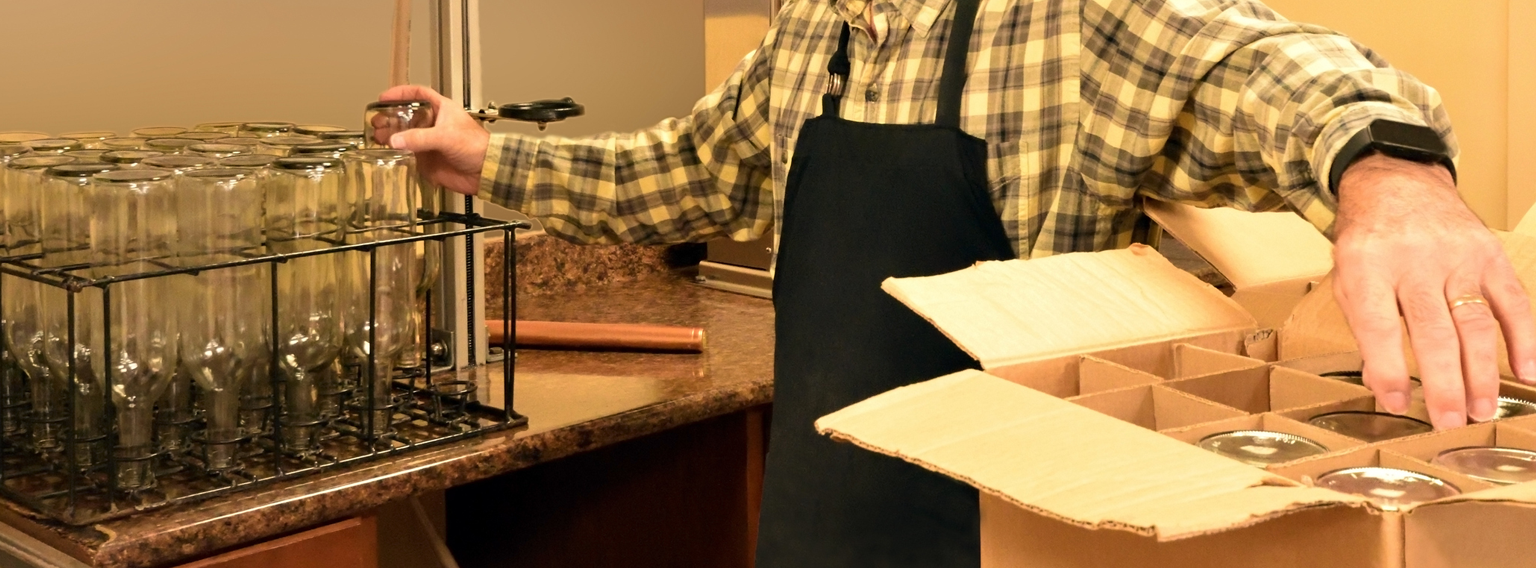By now, you’ve likely heard of the term “single-use plastics” in discussions related to both businesses and consumers looking to minimize their environmental footprint. For many companies, the challenge lies in striking a balance between creating sustainable practices to provide environmentally friendly goods and services while remaining competitive in the marketplace. For dairy producers and retailers alike, this is especially true.
According to a recent article published in Civil Eats, “The dairy industry’s pursuit of new packaging also reflects the ongoing debate about whether society’s focus should be on inventing and refining disposable single-use packaging that is compostable or biodegradable or on improving recycling and reinforcing a circular economy that continues to rely on plastic. The makers of plant-based milks (almond, oat, rice, and soy)—many of which are also sold in plastic bottles—face similar conundrums.”

In a new IBM Institute for Business Value survey with over 14,000 consumers across nine countries, 54% of people surveyed said they are willing to pay a premium for brands that are sustainable and/or environmentally responsible. With 83% of those 44 years and younger who are willing to pay more for these products, the younger demographics are increasingly leaning towards going green.
Recyclability is one attribute that takes priority on consumers’ sustainability checklist, with more than two-thirds (67%) taking it into consideration when purchasing products. For brands who have already made the switch to environmentally friendly packaging alternatives, communicating their sustainability story is imperative in becoming a part of their purchase consideration.
But is finding a way to improve recycling and reinforcing a circular economy that continues to rely on plastic feasible? Most plastic packaging is made from fossil fuels and more than 90% is not recycled – ending up in landfills, our food sources, and 8 million tonnes in the ocean annually. Not to mention the “grab and go” lifestyle that today’s consumers live, resulting in an estimated 50% of plastics being used just once and are then thrown away.
So what are the alternatives? Some believe that tapping into the nostalgia of glass milk bottles – Once the dairy industry’s go-to choice for packaging – is once again the best option when considering one’s environmental footprint. However, all choices made in the scope of packaging come with added cost.
Because glass bottles weigh more than other containers such as plastic, more energy is required to transport resulting in higher transport-based emissions per volume of packaged milk. The majority of energy used in the glass manufacturing industry comes from natural gas, placing it amongst one of the most energy-intensive industries. If glass bottles required more energy to transport and produce, why consider them as an alternative? Well, glass packaging is 100% recyclable and can be recycled endlessly without losing its quality. However, although glass recycling has increased 30x over recent decades, only 31% of glass is recycled.
With these challenges considered, a study conducted by Gregory A. Keoleian from the University of Michigan found that refillable glass packaging can be the more sustainable alternative to single-use plastics, under one condition. In order for glass to be the better alternative at scale with respect to carbon footprints, glass bottles and jars need to be reused at least five times with savings increasing at higher reuse rates.

For over 75 years, Stanpac has been manufacturing dairy and beverage packaging for companies located throughout the United States, Canada and many locations worldwide. Stanpac has continually expanded product lines through innovations for ice cream, milk, wine and spirits, and food service packaging. Most importantly, Stanpac has shifted focus into sustainable packaging options which have earned SFI® certifications for paperboard products (Sustainable Forestry Initiative) as well as being granted the FDA status of “GRAS” (generally recognized as safe) for dairy packaging.
Reuse of our refillable glass milk bottles consistently helps save raw materials and energy from new glass production, helping dairies make the next step in creating sustainable practices and providing environmentally friendly options. When a bottle is taken out of service, it can be recycled and made back into a new container where the cycle begins again.
If you’re looking to learn more about how glass milk bottles can help you provide your customers more sustainable alternatives or more about our story, visit https://www.stanpacnet.com/dairy/glass-milk-bottles/.
